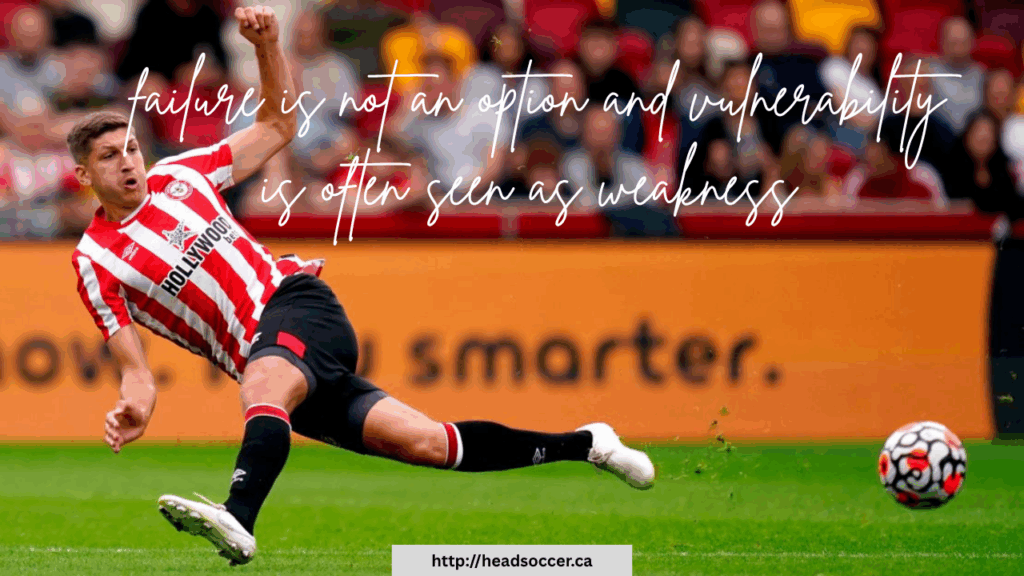
Professional athletes are often seen as modern-day gladiators—strong, disciplined, and seemingly untouchable. But beneath the surface of fame and fortune lies a different reality: the ongoing struggle many face with addiction. From the pressure to perform to the challenge of coping with injuries and mental health issues, athletes in the big leagues are far from immune to substance abuse. Yet, amid these challenges, many have found a path to recovery and redemption, proving that even in the darkest moments, there is hope.
The Hidden Battle
Addiction doesn’t always begin with reckless behavior. For many athletes, it starts with something as seemingly harmless as a prescription for painkillers after an injury or a drink to unwind after a game. Over time, these habits can escalate, particularly in high-pressure environments where failure is not an option and vulnerability is often seen as weakness.
Baseball legend Darryl Strawberry is a prime example. At the height of his career, he battled drug addiction that derailed his time in Major League Baseball. Despite the public fallout, Strawberry eventually found recovery and has since become an advocate for addiction awareness and faith-based recovery programs.
Redemption Through Recovery
The journey from addiction to recovery is rarely straightforward. It involves acknowledging the problem, seeking help, and committing to change—often in the face of public scrutiny. NFL quarterback Ryan Leaf, once known for being one of the biggest draft disappointments in league history, struggled with painkiller addiction after injuries ended his career prematurely. His downward spiral included legal trouble and prison time. But Leaf turned his life around through treatment and now works as a motivational speaker, helping others find their way back from addiction.
These stories are not just tales of downfall but of immense courage. Recovery is about more than just staying sober; it’s about rebuilding a life, repairing relationships, and discovering new purpose beyond the game.
Support Makes the Difference
A key factor in successful recovery is having the right support network. Teams, leagues, and player associations are starting to offer more resources for mental health and addiction support. Programs that emphasize confidentiality, education, and long-term care are helping to shift the culture from punishment to healing.
Athletes also find strength in each other. Former NBA player Chris Herren, who nearly lost everything to heroin addiction, now shares his story in schools and rehab centers across the country. His advocacy has inspired many to speak out, proving that vulnerability can be a source of strength.
A New Legacy
For many athletes, recovery becomes a new chapter—one that can be just as powerful as their athletic achievements. These individuals become mentors, advocates, and examples of what is possible when someone refuses to let addiction define their story.
Conclusion
Addiction in the big leagues is real, but so is recovery. Through struggle, many athletes have discovered their resilience and transformed their pain into purpose. Their stories remind us that redemption is always within reach—and that no one, no matter how high they’ve climbed or how far they’ve fallen, is beyond hope.